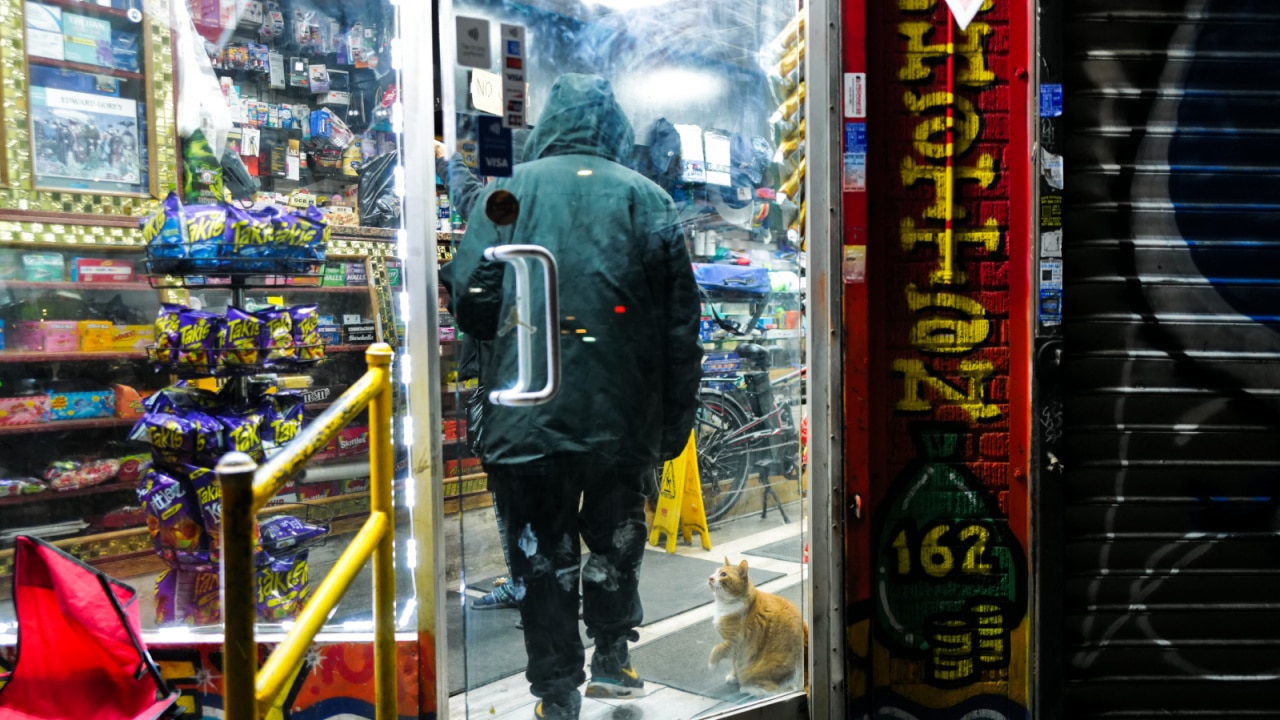In Crackdown on Domestic Slavery, Brazilian Authorities Rescued a Maid Who Had Been Enslaved For 40 Years
Photo: Getty Images
On December 21st, Brazilian authorities revealed that they had rescued a woman from a family who had been keeping her as a domestic slave for nearly 40 years.
The woman was also forced into a marriage with one of the family’s elderly relatives so that the family could continue to cash in on his pension when he died.
According to local authorities, the unnamed woman had been kept in unpaid servitude by the family since she was a child, when her “destitute” family gave her up.
The woman worked as a domestic slave for the family of Unipam university professor Dalton Cesar Milagres Rigueira. Before that, she had worked for Rigueira’s mother, who had “raised” her from childhood.
“They gave her food when she was hungry, but all other rights were taken from her,” said Humberto Camasmie, the inspector in charge of the rescue operation, to Reuters.
Authorities were alerted to the woman’s situation when neighbors tipped off local officials to what they believed was an illegal working situation. According to the neighbors, they grew suspicious when the woman began sending them notes asking for food and sanitary products.
Prosecutors say that Rigueira could face up to eight years in jail.
They are also pushing to get him to monetarily compensate the woman for an undisclosed sum. Authorities are also working to reunite her with her biological family.
After her rescue, the woman was taken to a shelter where she was attended to psychologists and social workers. She is also being provided with a pension of R$ 8,000 ($1,557) a month–seven times higher than Brazil’s minimum wage.
“She did not know what a minimum wage was,” said Camasmie. “Now she’s learning how to use a credit card. She knows that every month she will be paid a substantial amount (from the pension).”
Unfortunately, domestic slavery is a rampant and unchecked problem in Brazil.
To make matters worse, domestic slavery is hard to crack down on because the victims rarely know that they are, indeed, victims. Many of the enslaved women have been unpaid domestic workers since they were small children. Sometimes, they may even feel grateful or indebted to their captors for raising and feeding them.
In June, a similar case made headlines when authorities discovered a 61-year-old had been working as an unpaid maid for an unknown amount of years. The woman was found living in a shed. Her “employer” was an executive for the cosmetics company, Avon.
“The longer the victim remains in the home environment with deprivation of … rights, the more difficult it is to (carry out a) rescue,” said Mauricio Krepsky, head of the Division of Inspection for the Eradication of Slave Labor, to Reuters in August.
These enslaved maids are given little freedom to leave the house, see other people, or have time off. They are never paid. They are completely reliant on the families they serve.




